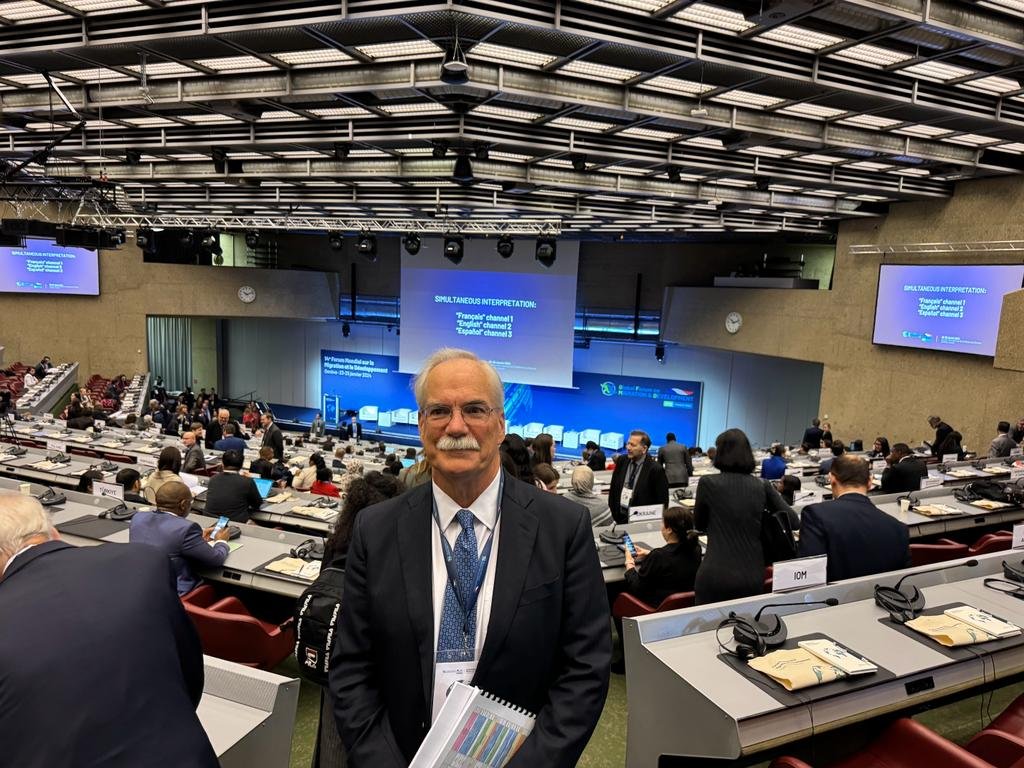Reflections from the Global Forum for Migration and Development Summit
TBB Corporate Outreach Advisor and US Advisory Council Member Gary Slaiman at the 2024 GFMD Summit.
I've just returned from an exhilarating week in Geneva, attending the 14th Global Forum for Migration and Development (GFMD) summit. Established in 2007, this government-led gathering stands apart from typical UN meetings: its informal nature fosters dynamic engagement among civil society, the private sector, local and state governments, youth, diplomats, and multinational agencies on migration and development issues, often exploring innovative and sometimes controversial ideas.
About the GFMD
Following a year of dedicated engagement and joint work on topics chosen by the chair (France in 22/23 and Colombia for the upcoming year), the GFMD culminates in an intense summit to review the year's achievements and strategize for the future. This year's summit attracted representatives from 120 countries, 120 civil society groups, 60 private sector entities, numerous local and state government officials, city mayors, and delegates from international organizations like the IOM, UNHCR, the World Bank, the OECD, and many others.
My involvement with the GFMD dates back to 2015, wearing two hats as both a member of the Business Mechanism's executive committee (representing the private sector) and a civil society participant on behalf of Talent Beyond Boundaries (TBB). I've actively contributed to the GFMD Working Group to improve the narrative around migration and to foster political support for more regular migration pathways.
This year, I was honoured to serve as one of the forum’s official rapporteurs alongside the Mexican government and civil society representatives. As rapporteur, I will summarize the week's discussions on the topic of development, provide a 5-minute intervention to the annual review meeting of the Global Compact on Migration (GCM), and prepare a comprehensive 3,000-word joint report. This report aims to connect the work of the GFMD to the ongoing national government reviews of the GCM and inform the 2026 International Migration Review Forum.
A shift in the perception of labor mobility
Gary speaking at the GFMD Summit.
Reflecting on my eight years of participation at the GFMD, this year's summit was the busiest and most fulfilling. Initially, TBB's mission was a sensitive topic — discussions of refugees were generally confined in the protection space and considered unsuitable for a forum on migration and development. This year, TBB was publicly recognized as a critical innovation, and it’s clear that the standing of labor mobility has grown remarkably. High-profile acknowledgments came from IOM Director General Amy Pope and OECD's Migration Head Jean-Christophe Dumont, among others. During her speech, DG Pope asked if anyone from TBB was in the room and thanked us directly, followed shortly after that by the President of the International Organization of Employers publicly echoing Pope’s sentiments. Notably, at a session on Global Skills Partnerships, the new head of KNOMAD at the World Bank suggested TBB as a model for potential partnerships connecting refugees to training programs.
Beyond these public endorsements, the week was highly fruitful in pushing forward the need for additional and more flexible regular pathways and updating stakeholders from the government, private sector, and civil society on TBB’s progress. The potential for new partnerships, resources, and policy enhancements to aid our mission was immense.
The forum also tackled pressing issues around human rights, effectively protecting migrants in transit, the consequences of climate change, and mass displacement due to war and economic deprivation. IOM DG Pope’s words resonated deeply: even while recognizing the vast challenges we face, migration is a given, so we need to embrace regular and orderly mobility pathways as the tools to achieve our goals. For TBB, this week was highly encouraging as we continue collaborating with governments and other key stakeholders to find lasting solutions for our candidates.


